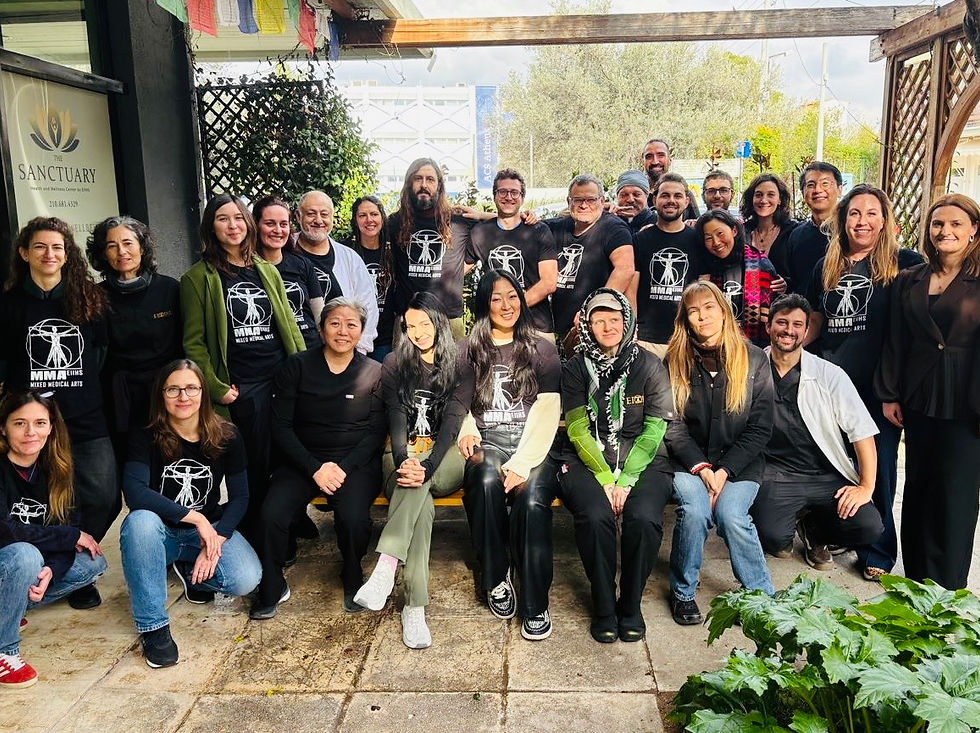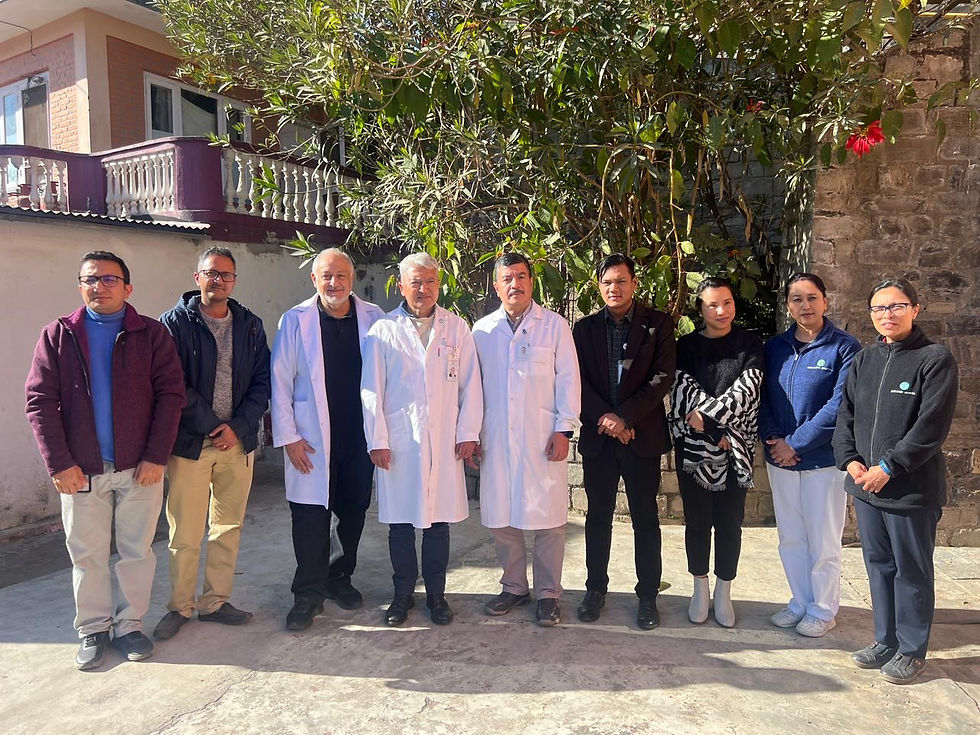Importance of Integrative Education for Acupuncture Schools
- Aram Akopyan
- Nov 4, 2024
- 1 min read
In today’s healthcare landscape, integrative education—where Traditional Chinese Medicine (TCM) and biomedical sciences intersect—is becoming essential for aspiring acupuncturists. A well-rounded understanding of both fields not only benefits practitioners but also strengthens patient outcomes, fostering a more comprehensive approach to wellness. As acupuncture gains recognition worldwide, proficiency in biomedical sciences, including anatomy, physiology, and pathology, is increasingly valuable for TCM practitioners. This integrative knowledge empowers them to work collaboratively in interdisciplinary teams, communicate effectively with patients familiar with conventional medicine, and apply precise, evidence-based treatments.

The European Institute of Integrative Health Sciences (EIIHS) is at the forefront of this educational movement. Through its programs, EIIHS emphasizes an integrative curriculum that combines TCM theory and practices with foundational knowledge in biomedical sciences. By focusing on evidence-based approaches, EIIHS prepares future acupuncturists to offer treatments that align with modern healthcare practices while honoring the depth of traditional methods. Graduates emerge with the skills to engage in clinical environments alongside conventional practitioners, participate in research, and contribute to the evolving body of integrative medicine.
Integrative education for TCM Practitioners, benefits, first and foremost, the patient by ensuring safe, and effective, evidence based treatment and better outcomes. It also advances acupuncture as a profession, making it accessible and credible to a broader audience. EIIHS’s commitment to this comprehensive training ensures that the next generation of acupuncturists is prepared to bridge traditional and biomedical sciences for the health of all patients.
Learn about the comprehensive core competencies EIIHS offers in biomedical sciences and Traditional Chinese Medicine here !



Comments